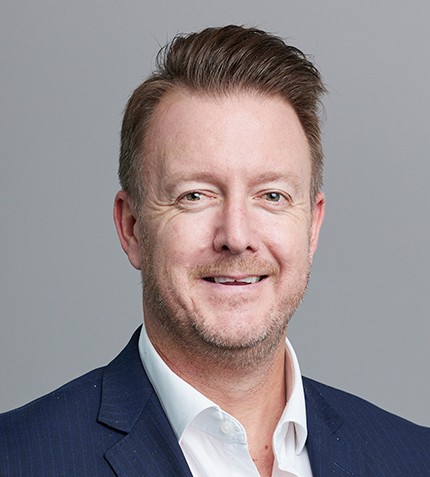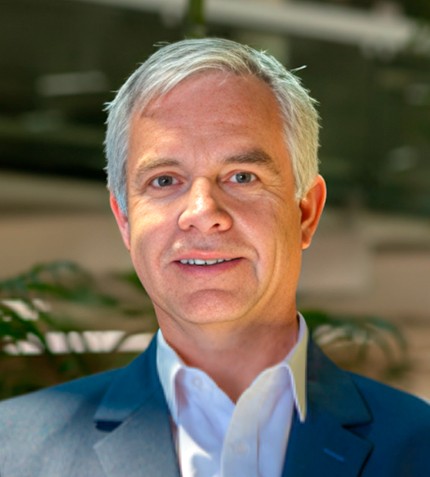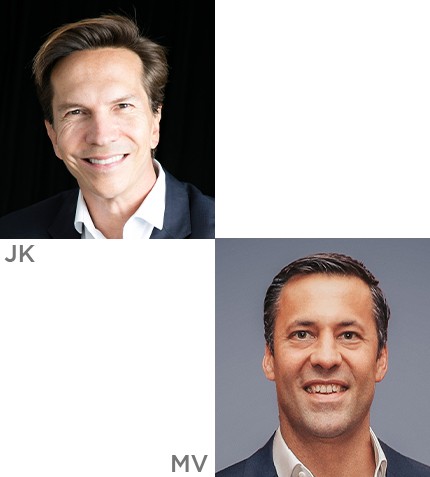
"Planning and forecasting have proven almost impossible in the past two years, and the moment we put anything on paper, something else seems to emerge, leading to constant change and constant need for re-adaptation."
Boon Joon Chua
GENERAL MANAGER, NEWPORT TANK CONTAINERS SOUTHEAST ASIA (SEA)
Could you briefly introduce NewPort Tank Containers’ presence in SEA?
NewPort Tank Containers is the world’s second-largest tank container operator by fleet size, based on ITCO’s recent rankings. We have grown significantly over the years to our current network of more than 25 global offices with a growing fleet of 26,000 ISOtanks. NewPort is a specialist in bulk liquid transport, including chemicals, foods, and pressurized liquefied gases. In Asia, Singapore acts as a regional head office for ASEAN countries, plus Australia, New Zealand, and the Pacific islands. Besides Singapore, we have offices in Malaysia and Australia. Singapore plays an important role for us not just because of the large petrochemical cluster residing on Jurong Island, but also because many chemical companies have chosen the city-state as their regional headquarters, even if they may not have a direct production footprint here in Singapore. We do note an investment shift towards China, but Singapore remains an important location where most deals are closed.
Is the logistics & shipping industry stabilizing after the pandemic?
The pandemic has severely disrupted global supply chains, pressuring storage capacity but also leading to trucks shortage in the US and Europe. Volumes negotiated before the pandemic are no longer applicable, and everyone from industrial players to consumer companies like Walmart are seeking to procure more space through the spot markets all the while their long-term contracts remain active. At NewPort, we have circumvented these issues through our partnerships with shipping lines, and we have been able to leverage our long-standing relationships to obtain the space necessary to make sure our customers’ shipments continue to be shipped on schedule.
Planning and forecasting have proven almost impossible in the past two years, and the moment we put anything on paper, something else seems to emerge, leading to constant change and constant need for re-adaptation. However, from where we stand today, I expect the next six months will be characterized by similar instability. The war in Ukraine has created further turbulence, and fluctuations in the oil markets are impacting buying and storing habits that run deep down into the whole supply chain. For instance, we can anticipate higher demand coming from one country and decide to increase inventory of our tank equipment, but the next day, shipping capacity may not be adequate, or the demand has suddenly shifted from regulatory changes on customers’ export quotas. These kinds of mismatches create a bolt-on effect across the shipping and logistics industry.
The ISO tank industry is projected to grow rapidly in the coming years. What drives this market?
Demand for ISO tanks is universally driven by a series of factors. First, during the pandemic there were serious delays for containers. A portion of the industries using flexi-bag containers and intermediate bulk containers (IBCs) then shifted to ISO tanks as tanks were still readily available relative to container boxes. Another factor is the sustainability focus: any kind of packaging creates waste, whereas ISO tanks have a much greener footprint, which makes them a more attractive option. Regulatory changes have also had an impact; the recategorization of some product classes from non-hazardous to hazardous has also mandated the use of ISO tanks for transportation. Finally, the growth of the chemical industry through new chemical plants and expansion of existing production facilities will continue to create healthy demand for ISO tanks in ASEAN.
How can a tank operator like NewPort improve its sustainability profile?
As a signatory member of the Responsible Care initiative, we work continuously to improve safe management practices for health, security and environment and extend on it with sustainable practices. One thing we can do as tank operators is to ensure that the third parties we work with are also following a green agenda - for instance, by making sure that our ISO tanks are washed at depots that have a good water management system. Renewable energy and fuel efficiency is also an area of growing focus especially for our use for both sea and road transport. Ultimately, we associate ourselves with partners that share our commitment to the environment
What are the main priorities for the coming year?
Even though NewPort is now a world-scale operator, we continue to believe in the personal touch and maintain an agile organization that can closely tailor solutions to our customers’ needs. We retained our passion for doing things right, and this is something we will never stop. One of our main objectives in Singapore is to continue to digitalize and modernize our systems to support our business and our client alike with the latest tools in information technologies.










